The EPA's changing mission, explained
After decades of dramatic successes — as well as failures — the Environmental Protection Agency is at a crossroads
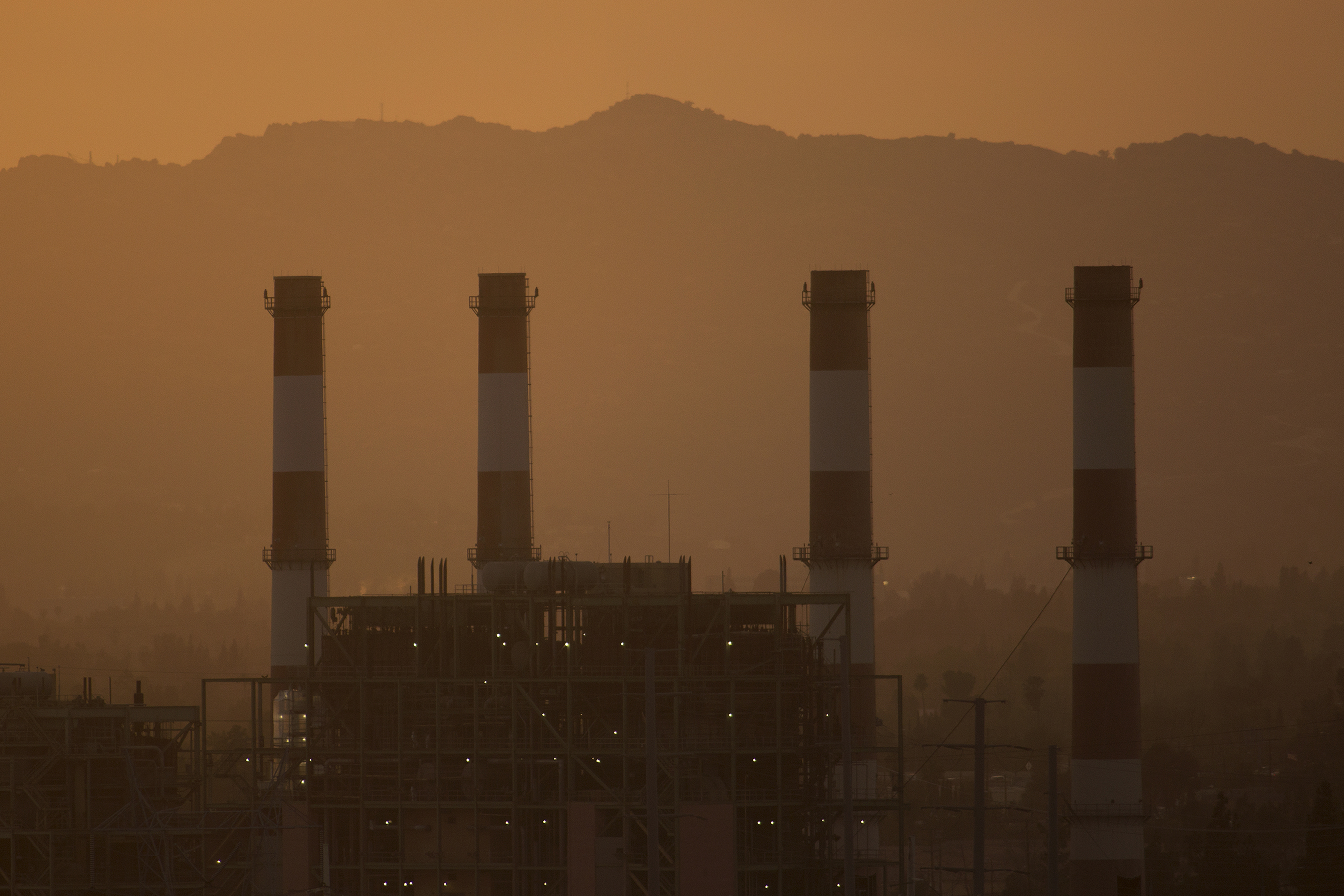
A free daily email with the biggest news stories of the day – and the best features from TheWeek.com
You are now subscribed
Your newsletter sign-up was successful
After decades of dramatic successes — as well as failures — the Environmental Protection Agency is changing its mission. Here's everything you need to know:
How did the EPA begin?
The sprawling regulatory agency President Trump vowed to eliminate "in almost every form" is essentially a child of the '60s. During that era, smog-choked cities and contaminated rivers and lakes made Americans increasingly anxious about pollution from emissions, industrial waste, raw sewage, and other sources. In response, President Richard Nixon — a Republican — established the EPA in 1970 and named as its first administrator William Ruckelshaus, an assistant attorney general. Until then, only the states had enforced environmental laws. "They competed with one another so fiercely for the location of industry that they weren't very good regulators of those industries," Ruckelshaus explains. "It was very hard to get widespread compliance." Ruckelshaus started by trying to establish and enforce air quality standards and target major water polluters. It wasn't until Congress passed landmark environmental legislation, however, that the EPA gained real muscle.
The Week
Escape your echo chamber. Get the facts behind the news, plus analysis from multiple perspectives.

Sign up for The Week's Free Newsletters
From our morning news briefing to a weekly Good News Newsletter, get the best of The Week delivered directly to your inbox.
From our morning news briefing to a weekly Good News Newsletter, get the best of The Week delivered directly to your inbox.
What was the legislation?
The Clean Air Act of 1963 was amended in 1970, giving the EPA broad powers to regulate emissions from smokestacks and tailpipes — by phasing out leaded gasoline, for example. In 1972, the Clean Water Act granted it similar authority over waterways and wetlands. Congress also empowered the agency to regulate pesticides and ban DDT — sprayed across the country to kill mosquitoes, but so toxic it nearly wiped out several bird species, including the bald eagle. After seeping chemicals from a toxic waste dump sickened hundreds of residents of Love Canal, N.Y., in 1978, Congress created the EPA-administered Superfund for hazardous waste cleanup. The agency's work had a major impact on air and water quality, but its regulations proved controversial.
Why?
Industries found the EPA's regulations too complex and costly, and argued that the constant demands of federal bureaucrats for permits and clearances were killing jobs and strangling the country's economic growth. Businesses large and small came to view the EPA as an adversary. They found an ally in President Ronald Reagan, a proponent of small government who campaigned against "environmental extremists." Reagan "was fixated on governmental deregulation," says environmental scholar Walter Rosenbaum, "and EPA was a favorite target." In 1981, Reagan named Anne Gorsuch his EPA administrator. The mother of new U.S. Supreme Court Justice Neil Gorsuch, she was an outspoken agency critic who made deep cuts in the agency and invited regulated industries to rewrite rules to their liking (see below). But Gorsuch didn't last long, and because cleaning up the environment enjoyed widespread public support, the EPA has had a major comeback under both Republican and Democratic presidents in recent decades.
A free daily email with the biggest news stories of the day – and the best features from TheWeek.com
Has the agency been successful?
By and large, yes. Air pollution is down by 70 percent since the EPA was formed, and studies indicate cleaner air has saved millions of lives. The percentage of America's polluted waterways has been cut almost in half, from two-thirds in 1970 to about 35 percent. The hole in the ozone layer is healing. Blood levels of lead — which can cause brain damage and lowered IQs — have dropped 75 percent in the U.S. public as a whole. Hundreds of Superfund sites have been cleaned up. "I think the EPA has a very good record of setting tough standards and industry meeting them," observes Armond Cohen of the Clean Air Task Force.
What will happen under Trump?
Much will depend on what Congress decides to do with EPA funding when it passes a budget. Trump's original blueprint slashed the EPA by 31 percent, eliminating 50 programs. "What they're trying to do is eviscerate the agency," says Christine Todd Whitman, an EPA administrator under President George W. Bush. New administrator Scott Pruitt is a climate-change skeptic with ties to fossil-fuel interests, who as Oklahoma attorney general brought more than a dozen lawsuits against the EPA. After being sworn in, he told agency employees that their role was now to be "pro-energy and jobs" as well as "pro-environment." Trump has asked Pruitt to help dismantle much of President Obama's environmental legacy: the Clean Power Plan, which promotes renewable energy and curbs greenhouse gas emissions; rules requiring cars and light trucks to average 36 miles per gallon (up from 25 mpg) by 2025; and the Clean Water Rule, which expanded the number of small streams and wetlands that qualify for federal protections. Industry groups had objected to all of these new initiatives.
Will the EPA survive?
The agency may be hard to kill, because it administers so much federal environmental legislation, which is not easily undone. But Trump could try to starve the EPA of funding and employees, and Pruitt could cut way back on enforcement. Voters may not care: Though a recent Gallup poll found that 71 percent favor protecting the environment over more fossil-fuel development, a Pew Research poll late last year found Americans rank the environment 12th on their list of concerns. Perhaps that's because there are no longer so many billowing smokestacks and sewage- and chemical-choked rivers. "To a certain extent, we are victims of our own success," Ruckelshaus observes. "It is not so obvious to people that pollution problems exist and that we need to deal with them."
The first Gorsuch
Before Neil Gorsuch, there was his mother, Anne, the EPA's first female administrator. "Known for wearing fur coats, driving a gas-guzzling Cadillac, and smoking two packs of cigarettes a day," historian Meg Jacobs recalls, "Gorsuch took Washington by storm." She cut her agency to the bone, slashing enforcement actions by 73 percent, rolling back clean air and water rules, and promoting "voluntary compliance by industry." Gorsuch also sped approvals for spraying restricted pesticides, and purged the agency of employees deemed too zealous. Her tenure was short-lived, however: After less than two years, Gorsuch was forced to resign in a scandal over mismanagement of the Superfund program. She remained embittered for the rest of her life, saying President Reagan abandoned "me and my people, people whose only 'crime' was loyal service." Gorsuch died of cancer at 62 in 2004.
-
 Antonia Romeo and Whitehall’s women problem
Antonia Romeo and Whitehall’s women problemThe Explainer Before her appointment as cabinet secretary, commentators said hostile briefings and vetting concerns were evidence of ‘sexist, misogynistic culture’ in No. 10
-
 Local elections 2026: where are they and who is expected to win?
Local elections 2026: where are they and who is expected to win?The Explainer Labour is braced for heavy losses and U-turn on postponing some council elections hasn’t helped the party’s prospects
-
 6 of the world’s most accessible destinations
6 of the world’s most accessible destinationsThe Week Recommends Experience all of Berlin, Singapore and Sydney
-
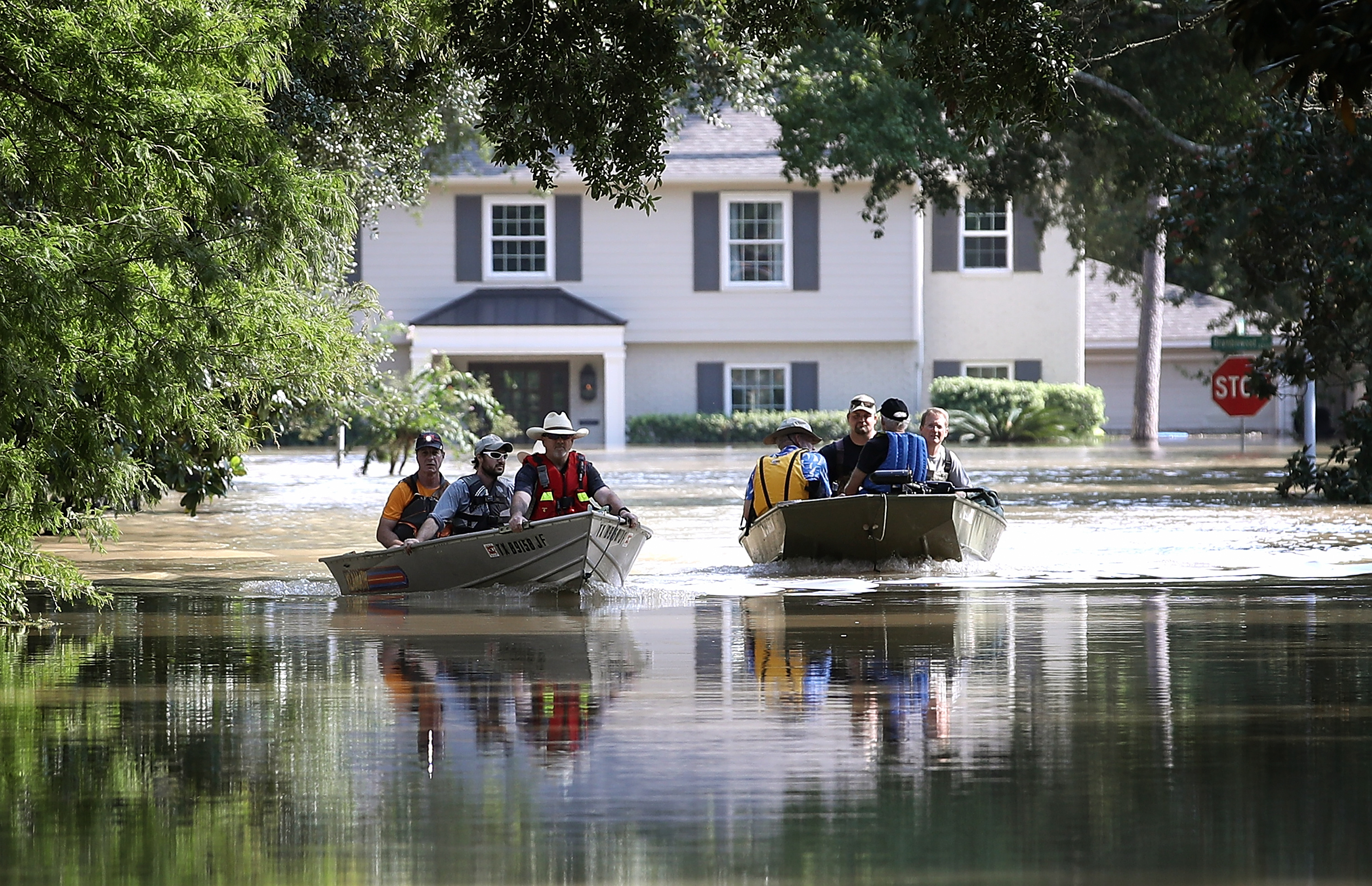 America's flood epidemic
America's flood epidemicThe Explainer Severe flooding is becoming increasingly common in the U.S. — and more destructive
-
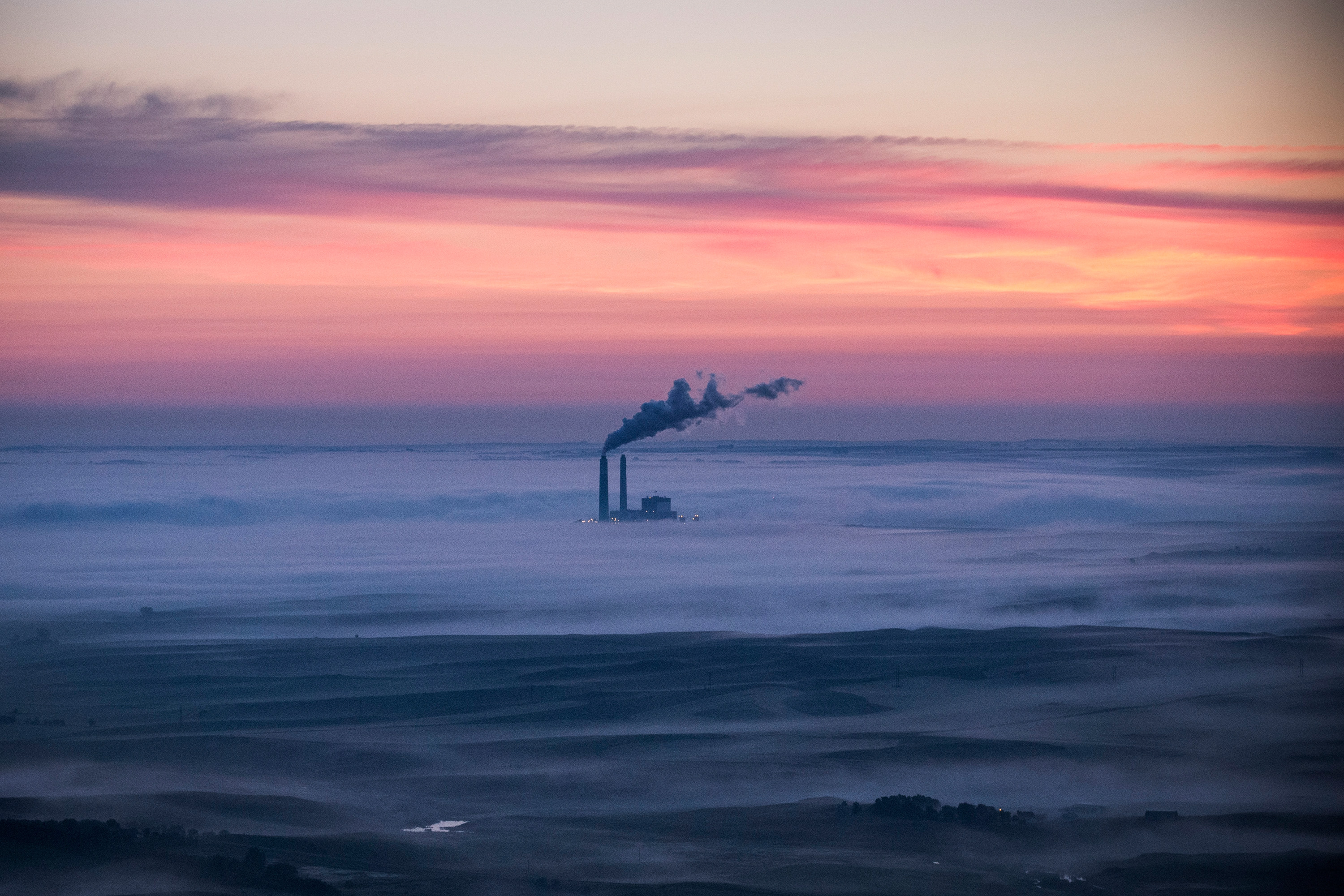 The EPA's changing mission, explained
The EPA's changing mission, explainedThe Explainer After decades of dramatic successes — as well as failures — the Environmental Protection Agency is at a crossroads
-
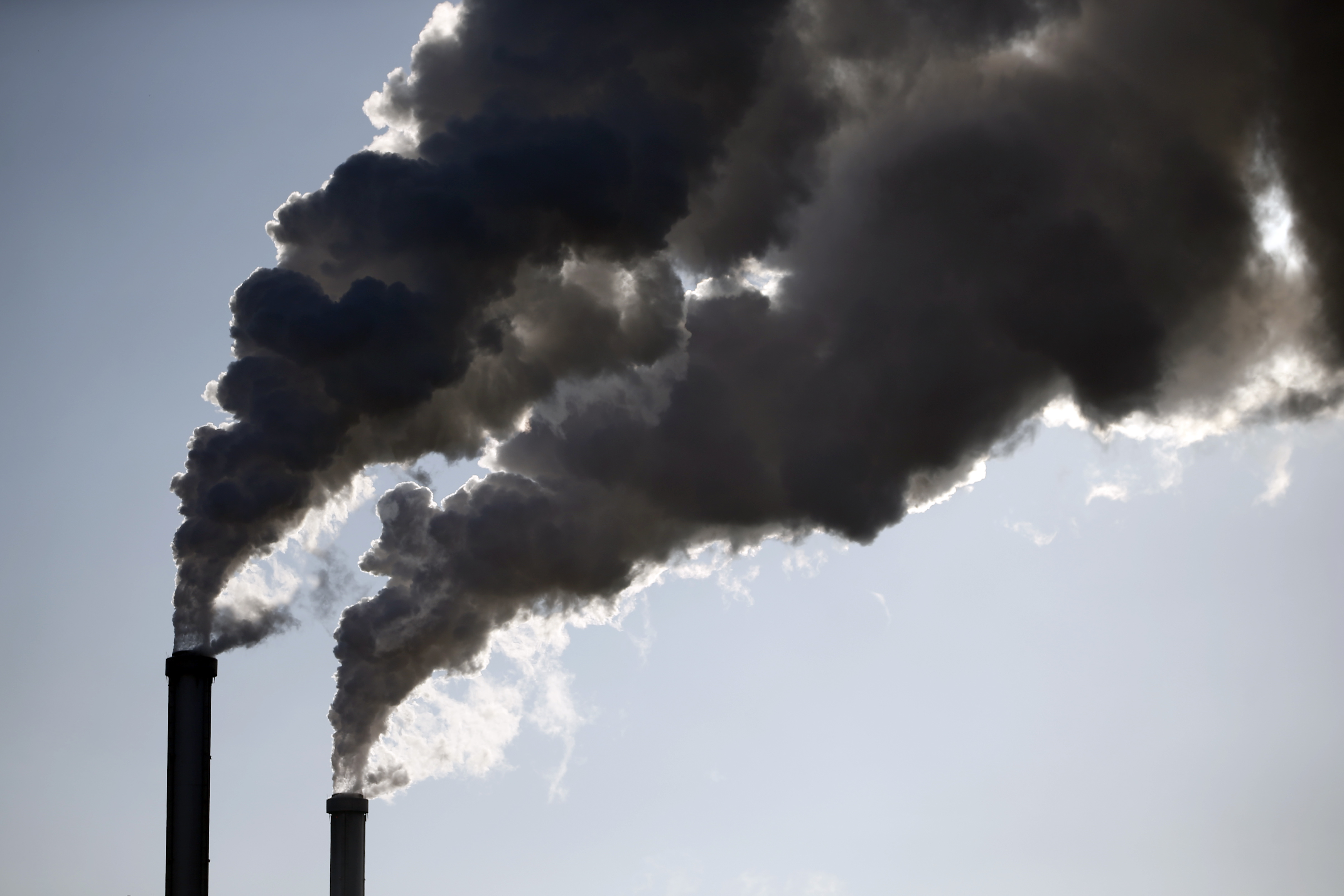 The Paris climate summit: A brief guide
The Paris climate summit: A brief guideThe Explainer More than 190 countries will gather in Paris on Nov. 30 to try to slow climate change. Is it too little, too late?
-
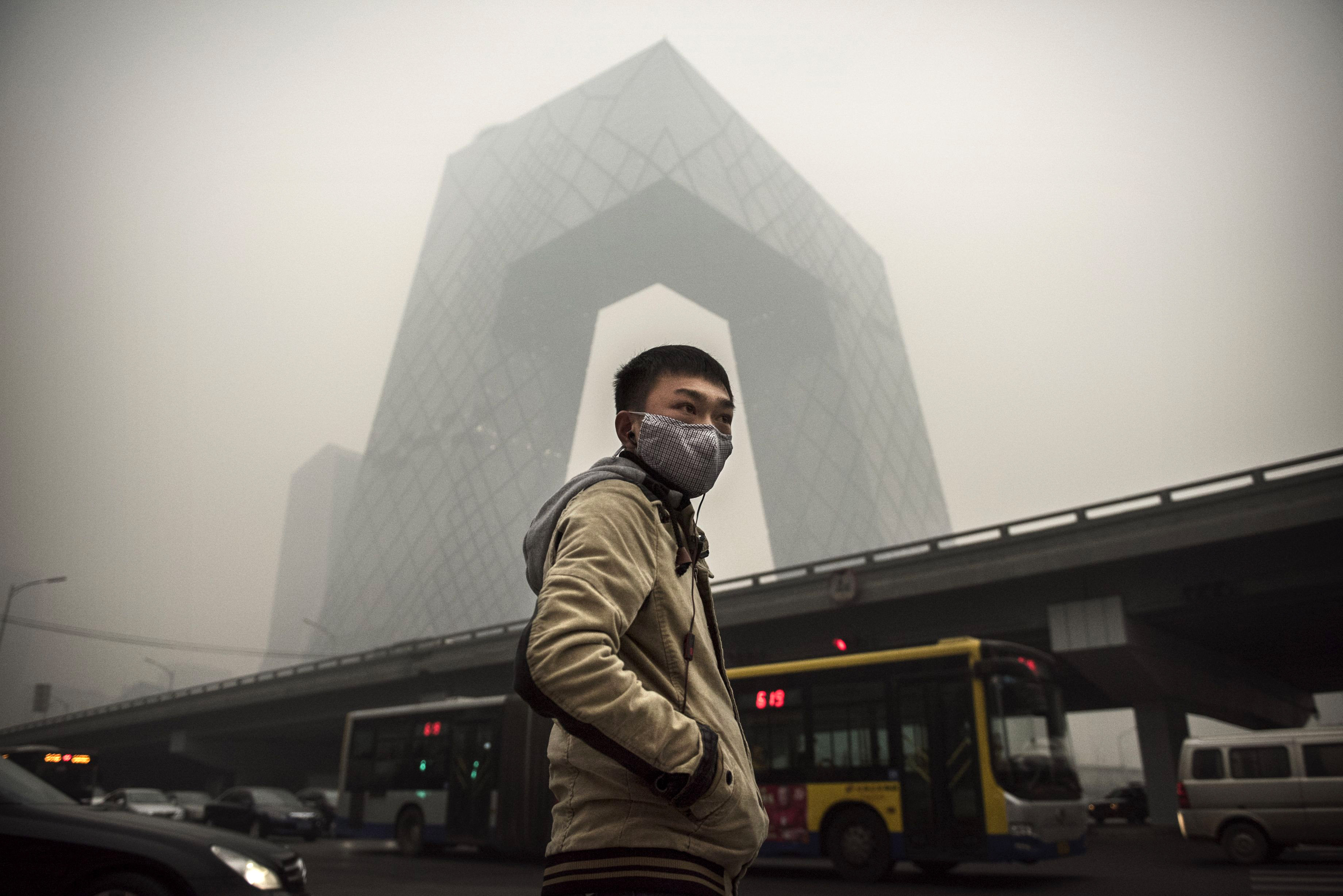 China's green revolution
China's green revolutionThe Explainer The world's worst polluter is worried about climate change, and is now the biggest global investor in green technology
-
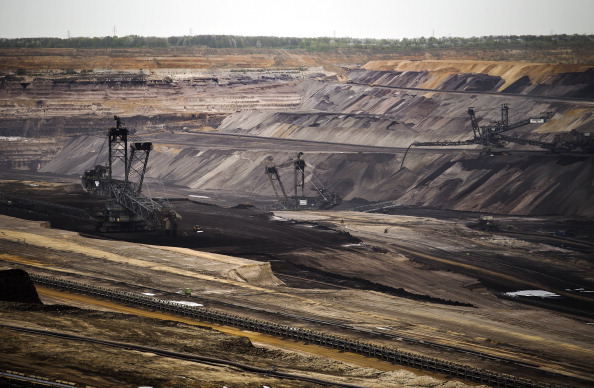 The end of coal?
The end of coal?The Explainer To avoid catastrophic climate change, scientists say, we'll have to abandon the cheapest fossil fuel
-
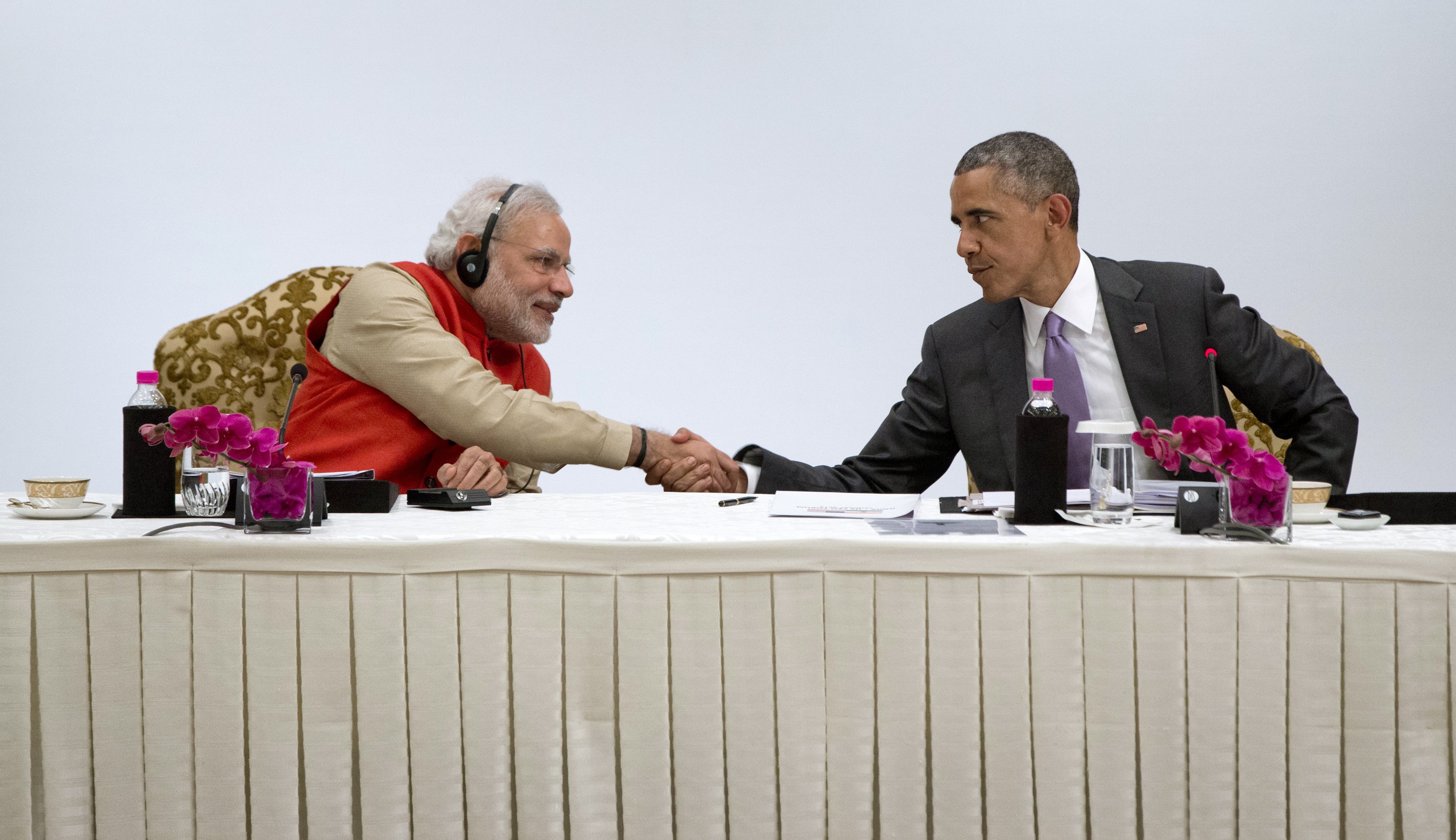 The U.S.-India climate change deal: President Obama is on a roll
The U.S.-India climate change deal: President Obama is on a rollThe Explainer Two cheers for the U.S.-India climate deal
-
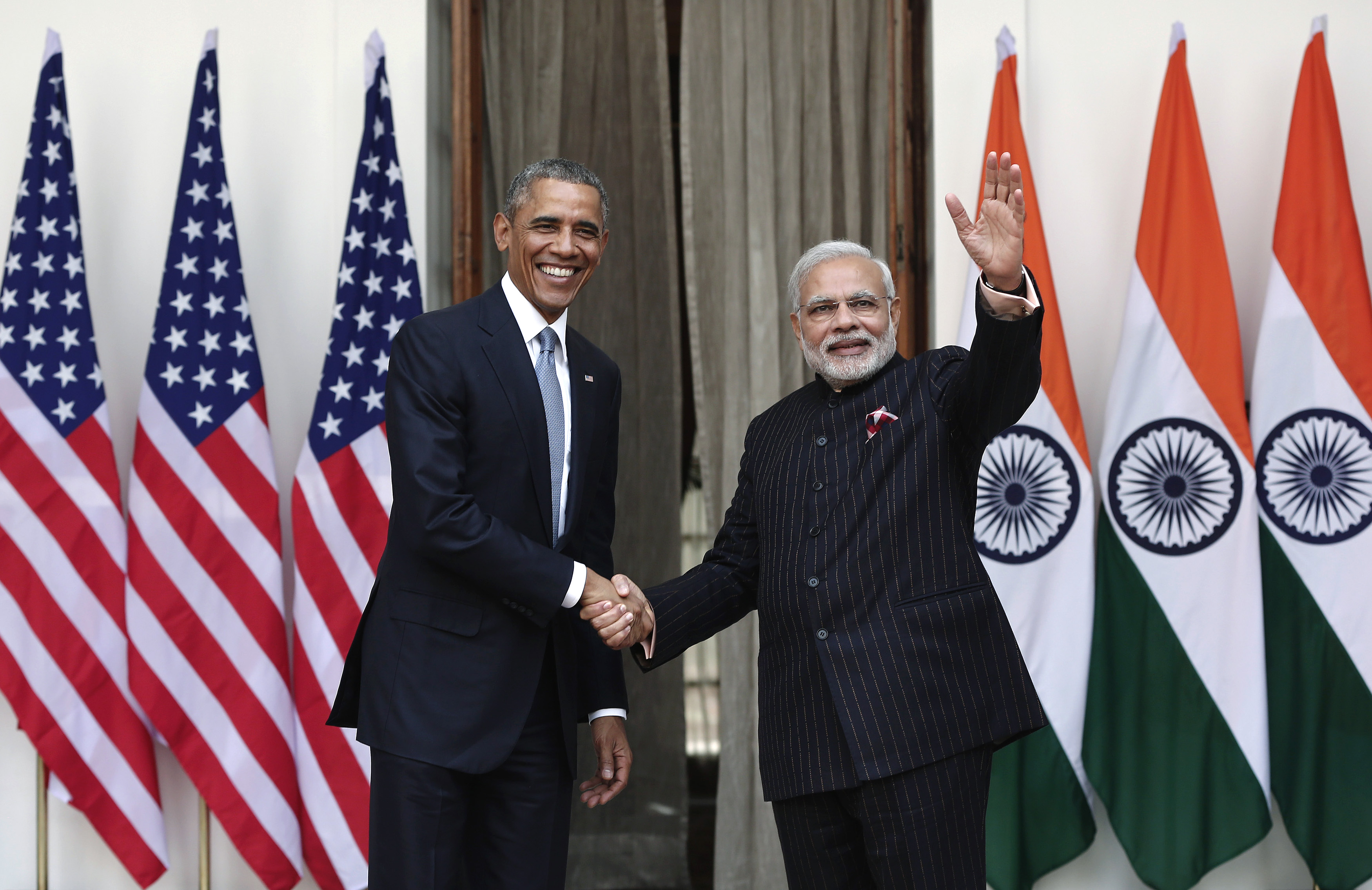 Obama won't be able to repeat his China climate change deal in India. Here's the next best thing.
Obama won't be able to repeat his China climate change deal in India. Here's the next best thing.The Explainer But here's the next best thing
-
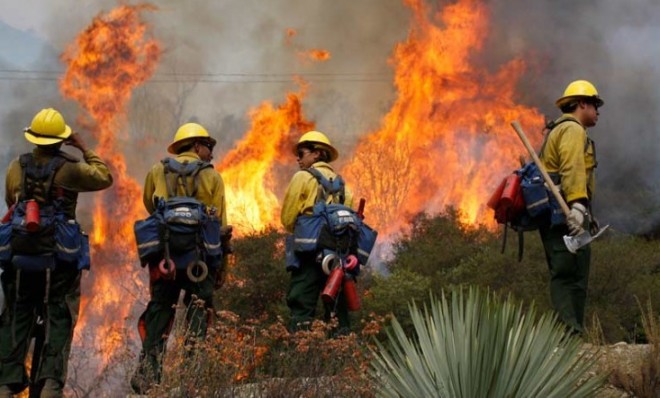 5 things I didn't know about urban wildfires
5 things I didn't know about urban wildfiresfeature